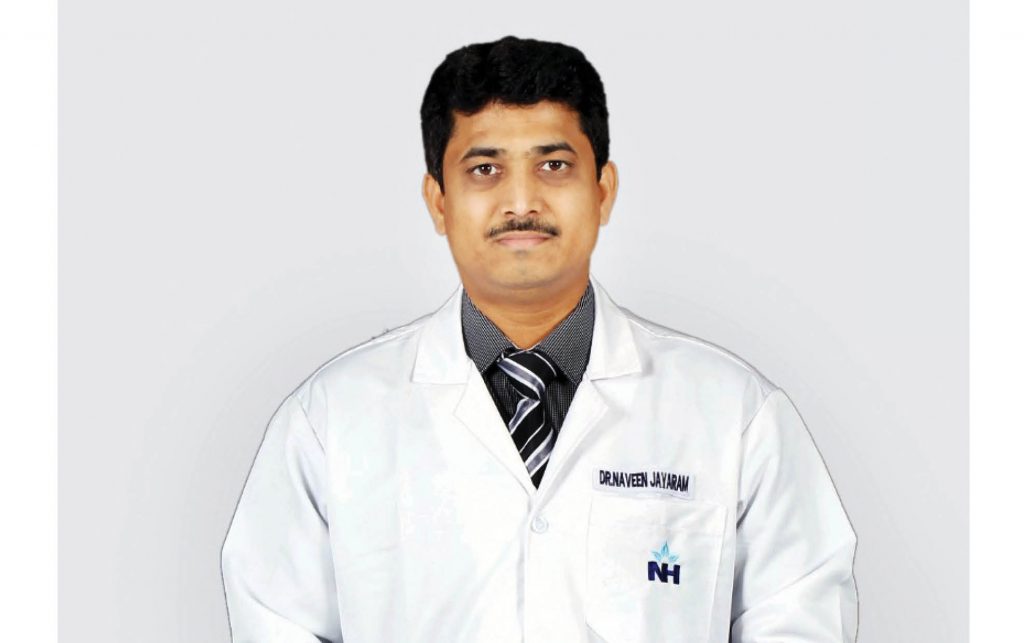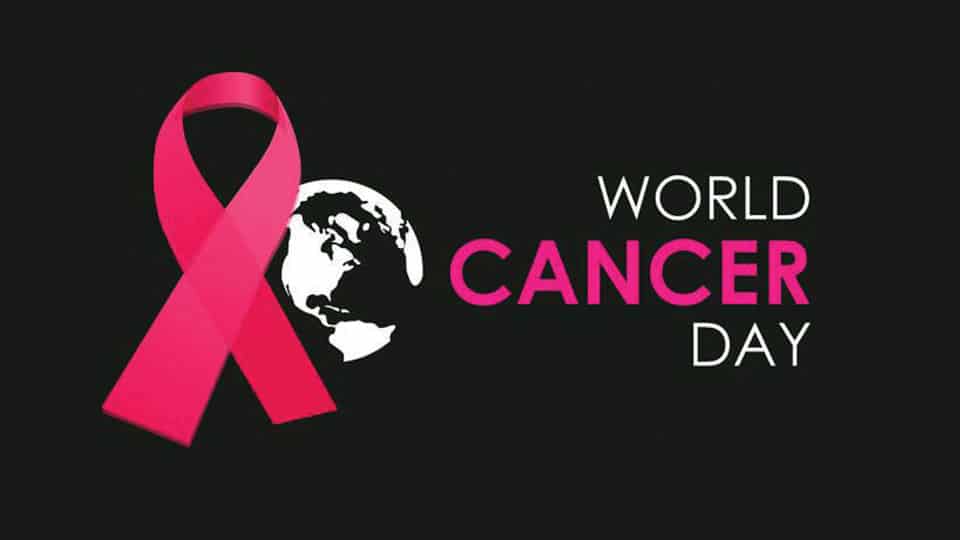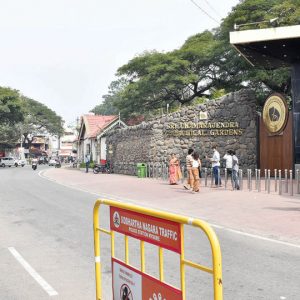By Dr. Naveen Jayaram Anvekar, MD, DM (Medical Oncology), Consultant Medical Oncologist, Narayana Multispeciality Hospital, Mysuru
When we talk of blood cancer to our patients, we call them the ‘bad cells’. The story of cancer is thus often reflected as a struggle between the bad cells and the good ones. Yet, the perennial question lingers as to why the cells turn ‘bad’ or cancerous. Bad habits like smoking and excess alcohol have been blamed for certain types of cancer, but what is the trigger for the rest remains unknown. Study of blood cells and its inner complexities over the last 30 years has helped us somewhat understand the journey of a cell from the ‘good’ to ‘bad’ and to ‘ugly’.
Each cell in our body is destined to behave in a particular way, depending on its surroundings, its function and its potential. This is a complex network governed by the expression of the genes within the cells or the lack of it. Every cell possesses the entire set of genes it inherits, yet different genes are expressed and silenced in the liver, heart and brain as their functions are very different. An aberrance in this function can lead to the death of these cells or uncontrolled proliferation — the latter being called cancer. There are innumerable stimuli in our daily environment for each and every cell in our body to turn ‘rogue’. Yet, most of us never develop cancer in our lifetime and some unsuspectingly fall victim to these ‘bad’ cells.
The dichotomy lies in the cat and mouse game that goes on between the ‘smart and alert’ among the good cells (the immune cells) and the ‘shrewd and deceptive’ among the bad cells (the cancer cells). Once they cross the border of control, they establish themselves in the organ of their origin and often infiltrate distant parts of the body. If detected at early stages, they can be eradicated, but when they mingle with normal cells and go far and wide they become invincible.

Cancers of the blood cells (called leukemia, lymphoma, or myeloma), travel far and wide from the moment they have evaded the immune barrier, yet they remain the most curable of all the cancers. Immune cells are the ‘smart’ cells in the blood which have been studied for the last three decades, with new and exciting discoveries about them helping us believe that we can outsmart the bad cells. The treatment of cancer has moved from the age-old concept of poisoning all the cells with toxic chemotherapeutic drugs, hoping that the good ones survive through all the trauma to one where we can cleverly manipulate the smart cells of the immune system to kill the cancer cells. This is called ‘immunotherapy’ – when drugs or agents are used to manipulate the immune system to specifically target the cancer cells or ‘cellular therapy’ – when cells from the patient’s own body or from another person is used to directly attack cancer.
We hope the successes in the field of blood cancers will instigate a paradigm shift in the treatment of solid tumours as well. The story of the ‘smart’ versus the ‘shrewd’ will unfold further over the next decade or so and we shall know if we have been smart enough to win over this disease.
Cancer Treatment: The treatment options for cancer the doctor recommends depend on the type of cancer, stage of cancer, patient’s preferences, possible risks and side effects. Team of different types of doctors often work together to create a patient’s overall treatment plan that combines different types of treatments. The treatment usually involves localised treatment (Surgery and Radiotherapy) and systemic therapy (chemotherapy, hormonal therapy, immunotherapy and targeted therapy).
Medical oncologist is a doctor who specialises in treating cancer with chemotherapy including hormonal, targeted, and immunotherapy.
Chemotherapy: Chemotherapy is a type of cancer treatment that uses medicines to kill cancer cells. It works by stopping or slowing the growth of cancer cells which divide rapidly. Damage to rapidly dividing healthy cells causes side effects. Other than traditional chemotherapy drugs, there are other drugs that work more specifically to treat cancer. These treatments cause different side effects.
Hormone therapy: Hormones are chemical messengers that are secreted directly into the blood, which carries them to organs and tissues of the body to exert their functions. Few cancer cell growth and survival are depended on hormones. This includes some breast and prostate cancers. Hormonal therapy changes the amount of hormones in body and suppresses tumour growth.
Immunotherapy: This type of treatment helps your body’s natural defenses fight the cancer. Your body’s natural defense system is called the immune system, so the treatment is called immunotherapy. This will play an increasingly important role in cancer treatment in the future.
Targeted therapy: Targeted cancer therapies are drugs or other substances that block the growth and spread of cancer by interfering with specific molecules (“molecular targets”) that are involved in the growth, progression and spread of cancer. They are not often found in healthy cells.
Depending on the type and stage of cancer chemotherapy can cure cancer, control cancer, or ease cancer symptoms.
Common side effects
Side effects differ based on drugs used, protocol and schedule followed. It even varies from person to person. The common side effects are Fatigue (feeling tired or exhausted almost all the time), nausea (feeling sick to your stomach) and vomiting, Body ache, mouth and throat sores, anaemia (low haemoglobin level which causes fatigue, dizziness, and shortness of breath), leukopenia (low WBC count which raises the risk of getting infections), thrombocytopenia( low platelet count leading to bleeding manifestations), loose or watery bowel movements, constipation and loss of hair.
Preventing and treating side effects is an important part of cancer treatment. Many of these side effects can be avoided and treated with medications and supportive care. So the advanced technology is a hope rather than hype for cancer patients.








There is enough to be gained by eliminating the root cause. See Ramaswami Ashok Kumar. 2018.PERFECT DESIGNS. Causal Inference of fatal cancers-a macro perspective.Blogspot.